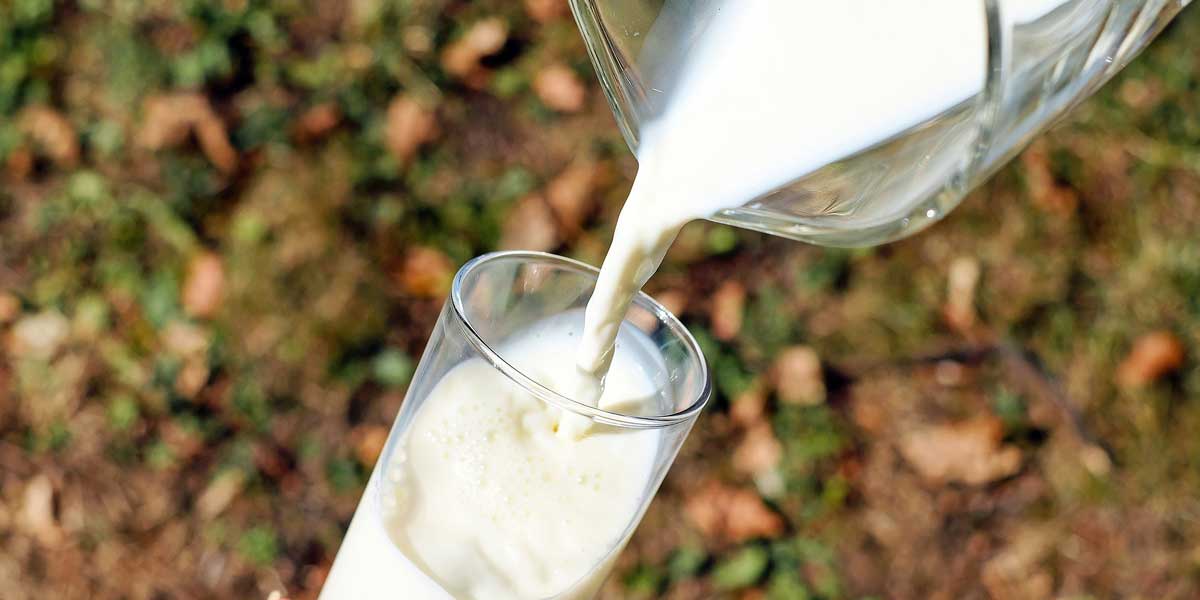
Is milk bad for you? This nutritious food for babies and adults has become quite controversial as to whether or not it is bad for health and causes infertility and terminal diseases like cancer. We’ll take a look at the facts and understand why and how it got a bad reputation.
Does ‘Milk’ Have Negative Health Impacts?
A short answer would be ‘yes’, consuming whole milk may, but let’s not jump into conclusion. Every few weeks,[1] one accusation or the other is levied on the nutrient-dense food, milk, claiming, for example, that it increases the risk of osteoporosis. It sounds ironic, doesn’t it? Since milk is known to be calcium-rich.
There have also been claims against milk and how it is responsible for diseases, such as heart disease, juvenile diabetes, cancer (prostate, colon, ovarian, breast, etc), ear infections, digestive disorders, mucus in the throat, as well as allergies, colic, and iron deficiency anemia in children. But, are all these accurate? Let’s find out.
How Accurate are These Allegations?
First, supporting studies are contradictory. Take prostate cancer, for example. Scientists established a link between dairy products and increased risk of prostate cancer in susceptible men[2] – not that milk (or other dairy products) are responsible for the disease since the cause of prostate cancer is not clear.[3]
But, since prostate cancer can’t be clearly prevented, to reduce the risk of developing it, many suggestions on what to avoid emerged, some of which include nuts, meat, oils, and dairy products like whole milk and cheese, since they are good sources of calcium and fat (risk aggravators of prostate cancer in susceptible individuals).[4] In some cases, low-fat milk variations are allowed but to be taken less frequently.
The same thing applies, where ovarian cancer, for example, is concerned. Studies are contradictory; some[5] suggest that women who consume low-fat milk options have reduced risk of ovarian cancer, while some others[6, 7] didn’t find any link whatsoever. Whereas, studies have, in fact, posited that milk, a good source of dairy calcium and lactose, may help prevent ovarian cancer[8] and other types of cancer.
Meanwhile, milk has also been found to reduce the risk of and/or protect against heart disease, cancer, depression, osteoporosis, osteoarthritis, etc.[8] Evidence to the contrary linked only milk eaten in whole-fat form.[1] So, it makes sense that the U.S. Department of Agriculture (USDA) guidelines for 2015 to 2020 would suggest that Americans should consume “Fat-free or low-fat dairy, including milk, yogurt, cheese, and/or fortified soy beverages.”[8]
If you need more clarity on the health profile of milk, or perhaps to end the ‘hormone’ and ‘chemical content’ controversy linked with processed milk, studies are detailed here.
How Did ‘Milk’ Get Such a Bad Reputation?
Well, it’s pretty obvious, isn’t it? The war was against ‘whole milk’ and not milk alternatives or low-fat options. But, since they’re all called ‘Milk’, it’s no wonder they all suffer the same bad reputation.
Secondly, with the rise of environmental awareness, you could say that the production of certain types of milk is injurious to our planet. That’s another reason for milk, particularly animal milk, to get a bad reputation.
Environmental Factors that Make ‘Milk’ the Enemy
There are certain environmental factors that put animal milk on the list of environmental hazards. For instance, about 33% of croplands are used for livestock feed production, which doesn’t bode well for our planet’s sustainability.[9] A greater concern is the ‘3%’ of all greenhouse gas emissions, which dairy production is responsible for. That’s pretty high, considering that it’s more than the emissions of all airplanes combined.[10]
When you think about it, these emissions can take a toll on human health,[16] so anything that contributes to destroying the ozone layer would obviously be frowned at.
So, Is ‘Milk’ Bad For You?
Short answer, No! Long answer, opt for low- to no-fat versions, or milk alternatives[11] like soy, as well as lab-made milk that is not, but identical to, cow milk.[12] Not to mention, these alternatives are ‘less environmentally-damaging’ (for those who care about preserving our planet).[13]
However, if you’re among the estimated 65% of the global population[14, 15] suffering from lactose intolerance, then non-dairy milk, fortified with protein and calcium, will be a healthier substitute. If you have milk allergies or consuming milk makes you sick, you should speak with your doctor about it.
In conclusion, milk is a nutrient-dense food, combining both macro and micronutrients. It is healthy for both children and adults and is a safe and healthy addition to a normal diet.
References
- Jane E. Brody. (2000). PERSONAL HEALTH; Debate Over Milk: Time to Look at Facts. The New York Times. Retrieved February 10, 2020, from; https://www.nytimes.com/2000/09/26/health/personal-health-debate-over-milk-time-to-look-at-facts.html
- Aune D, Navarro Rosenblatt DA, Chan DS, Vieira AR, Vieira R, Greenwood DC, Vatten LJ, Norat T. (2015; American Society for Nutrition). Dairy products, calcium, and prostate cancer risk: a systematic review and meta-analysis of cohort studies. The American Journal of Clinical Nutrition. Retrieved February 10, 2020, from PUBMED; https://www.ncbi.nlm.nih.gov/pubmed/25527754/
- Mayo Clinic. (n.d.). Prostate Cancer. Retrieved February 10, 2020, from; https://www.mayoclinic.org/diseases-conditions/prostate-cancer/symptoms-causes/syc-20353087
- Mayo Clinic. (2018). Prostate cancer prevention: Ways to reduce your risk. Retrieved February 10, 2020, from; https://www.mayoclinic.org/diseases-conditions/prostate-cancer/in-depth/prostate-cancer-prevention/art-20045641
- Goodman MT, Wu AH, Tung KH, et al. Association of dairy products, lactose, and calcium with the risk of ovarian cancer. American Journal of Epidemiology. 2002; 156:148-57.
- Genkinger JM, Hunter DJ, Spiegelman D, et al. Dairy products and ovarian cancer: A pooled analysis of 12 cohort studies. Cancer Epidemiology, Biomarkers & Prevention. 2006; 15:364-72.
- Mommers M, Schouten LJ, Goldbohm RA, et al. Dairy consumption and ovarian cancer risk in the Netherlands Cohort Study on Diet and Cancer. British Journal of Cancer. 2006; 94:165-70.
- Medically reviewed by Debra Rose Wilson, Ph.D., MSN, R.N., IBCLC, AHN-BC, CHT on December 14, 2017 — Written by Megan Ware, RDN, L.D. All about milk. Retrieved February 10, 2020, from Medical News Today; https://www.medicalnewstoday.com/articles/273451.php
- Sustainability Pathways; Livestock and Landscapes
- Food Emissions
- Vanga, S. K., & Raghavan, V. (2018). How well do plant-based alternatives fare nutritionally compared to cow’s milk? Journal of food science and technology, 55(1), 10–20. doi:10.1007/s13197-017-2915-y
- The New York Times. (n.d.). Got Impossible Milk? The Quest for Lab-Made Dairy. Retrieved February 10, 2020, from; https://www.nytimes.com/2019/08/02/science/lab-grown-milk.html
- J. Poore, T. Nemecek. (2018). Reducing food’s environmental impacts through producers and consumers. Science Mag. Retrieved February 10, 2020, from; https://science.sciencemag.org/content/360/6392/987
- Bayless TM, Brown E, Paige DM (May 2017). “Lactase Non-persistence and Lactose Intolerance“. Current Gastroenterology Reports. 19 (5): 23. doi:10.1007/s11894-017-0558-9. PMID 28421381.
- Malik, TF; Panuganti, KK (January 2020). “Lactose Intolerance“. PMID 30335318.
- World Health Organization (WHO). Climate change and human health – risks and responses. Summary. Retrieved February 10, 2020, from; https://www.who.int/globalchange/summary/en/index13.html
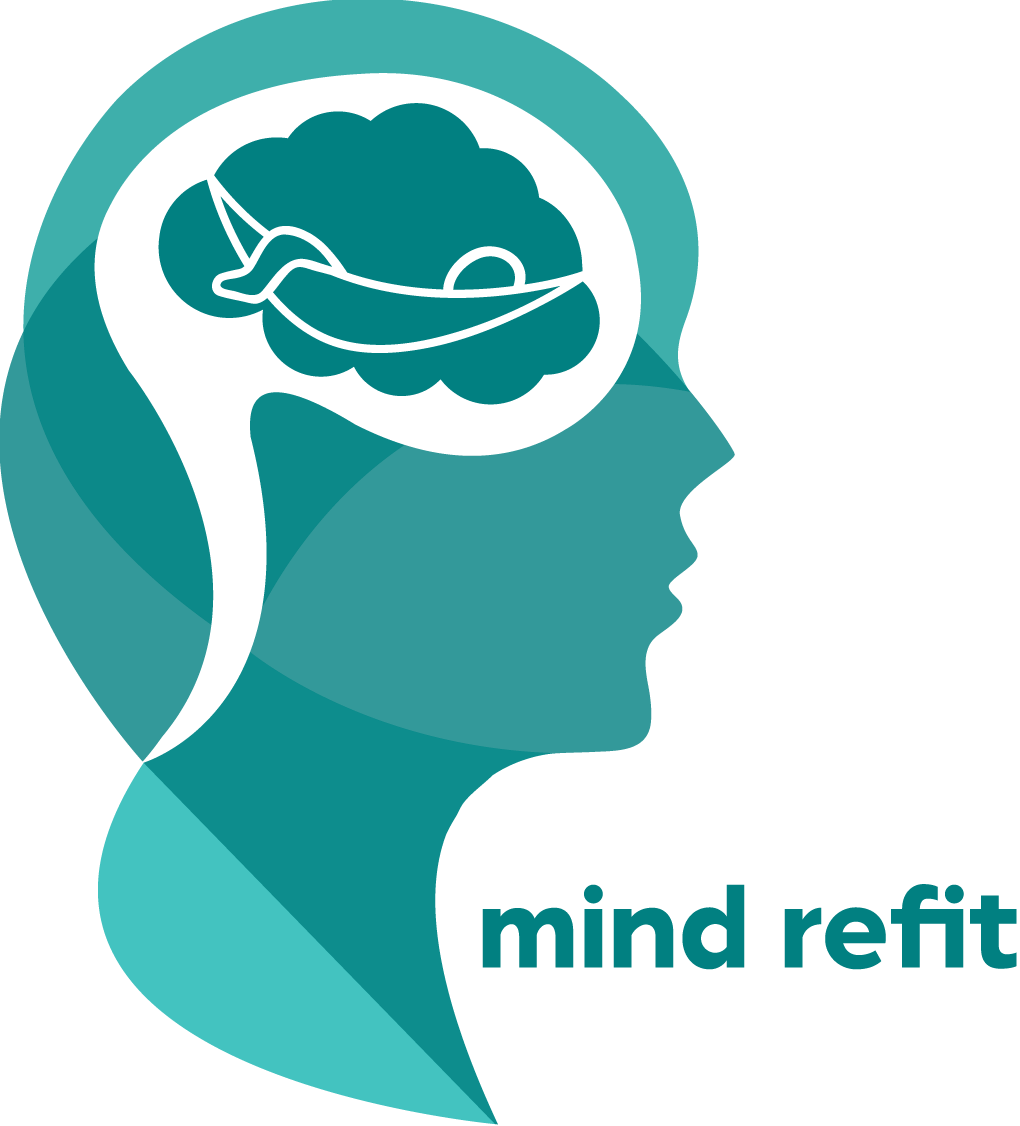

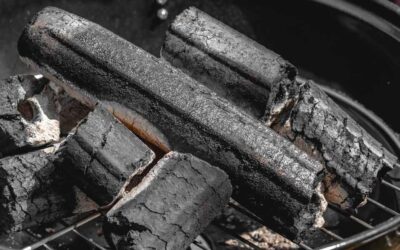
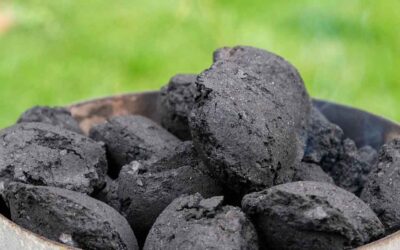
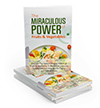
0 Comments